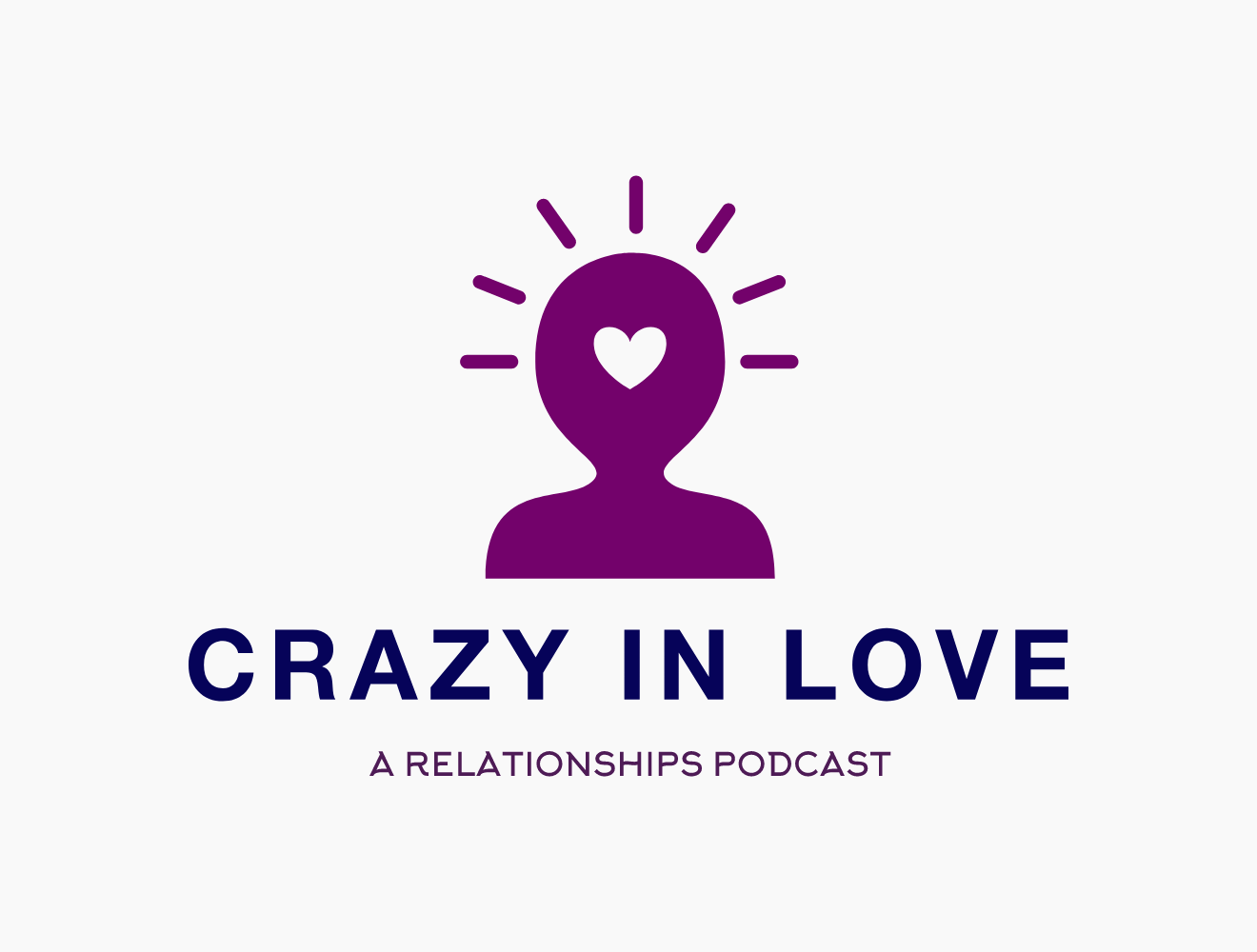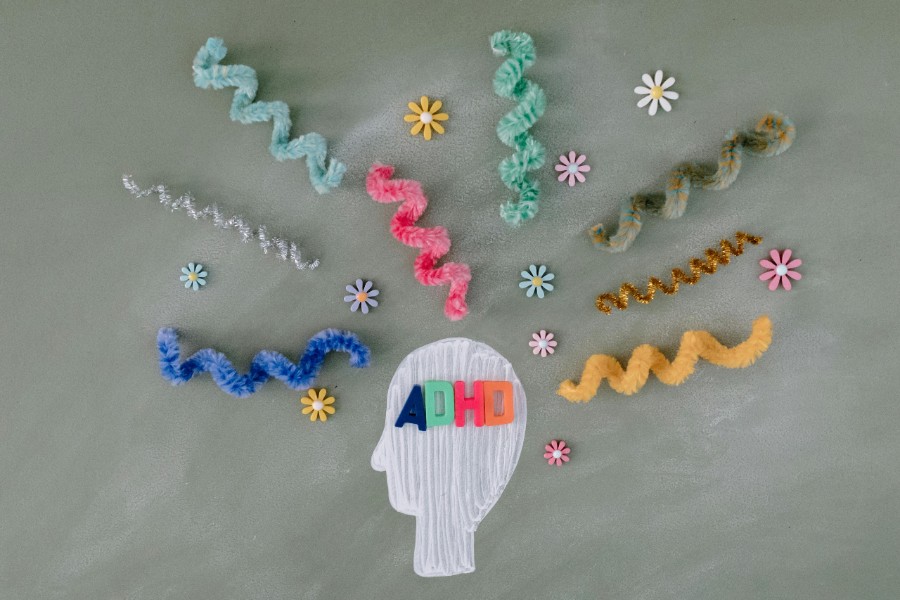
Are antidepressants useful, or awful?
Recent coverage about the use of SSRIs in treating depression has been confusing. What's the truth behind the headlines?
Antidepressant use is rising fast. The number of prescriptions in the UK doubled between 2008 and 2018. Yet the value of antidepressants has been hotly debated in psychology. A recent BBC Panorama documentary focusing on the risks in coming off antidepressants has further heated the conversation.
Psychiatrists on one side quote research that claims antidepressants — specifically selective serotonin re uptake inhibitors (SSRIs) like citalopram — have excellent results in treating low mood.
On the other side, psychologists and psychotherapists highlight the impact of real-world events (like poverty, stress or trauma) and internal struggles (such as lack of motivation or loneliness) as causes of depression.
Collectively deciding on the best approach to treating depression is vital. Depression is the most common mental health problem worldwide, and we need to get better at understanding it.
You might’ve seen the press coverage of the research led by Dr Joanna Moncrieff at University College London that seemed to settle the issue once and for all.
The study was an umbrella review of studies over the last 50 years on the efficacy of SSRIs in treating depression. The review found ‘no clear evidence’ that low serotonin levels cause depression. We also know that antidepressants cause side effects like nausea, insomnia and withdrawal effects for some people. So, we don’t want to give tablets to people when we don’t know if or how they work — or when they’ll cause harm for a minority of patients.
Experts have known for decades that SSRIs change serotonin levels almost immediately but take at least a couple of weeks to make a difference to mood (although, annoyingly, the side effects kick in pretty much straight away). If depleted serotonin levels alone caused depression, antidepressants would begin to work on mood levels within hours, not weeks.
Research has also proven that psychotherapy works in treating depression — especially treatments recommended by the National Institute for Health and Care Excellence (NICE), such as cognitive behavioural therapy (CBT).
Case closed, then?
Not so fast.
Let’s look a bit closer at the review by Moncrieff and her team. What it didn’t claim was that antidepressants don’t work. Instead, it examined the specific ways SSRIs work: by reducing the ‘re uptake’ of serotonin in the brain, thereby increasing serotonin levels.
However, it’s been common knowledge for decades that the ‘serotonin hypothesis’ isn’t an adequate explanation for depression. As part of recent criticism of Moncrieff’s paper by the Royal College of Psychiatrists, Professor Gitte Moos Knudsen from Copenhagen University Hospital noted that 'today, it’s broadly accepted that depression is ‘a heterogeneous disorder with potentially multiple underlying causes’.
This idea is often described as the ‘biopsychosocial’ model that acknowledges the biological, psychological and social impacts on mental health — one that the vast majority of the field of psychology ascribes to now.
One metaphor for this model uses headaches as an example. People don’t believe a lack of paracetamol causes headaches, citing plenty of other variables that might be the cause, but we pop a pill and see a reduction in the pain in our heads.
Similarly, we don’t need to believe that serotonin levels cause depression to think that SSRIs can work to improve mood.
It’s possible, and maybe even likely, that some people have a specific kind of depression linked to — not necessarily caused by — changes in the serotonin system. Plus, as antidepressants affect a number of different pathways and receptors in the brain, they have the potential to help people with a range of different types of depression — only some of which are linked to the serotonin system.
It seems self-evident that depression is more complicated than a specific chemical imbalance in the brain. We see people around us responding to life events and struggling to make it out of the fog.
The current evidence suggests that a combination of antidepressants and therapy is the best plan for the treatment of moderate and severe depression. The medication can help improve mood and raise motivation levels, allowing people to engage more proactively with their therapy to a point where it becomes a virtuous circle. Routine medication use isn’t recommended for treating mild to moderate depression - ideally, you come off the medication ('tapering') over a period of time once you're feeling better to minimise the risks.
In short: depression isn’t caused by low serotonin. But we’ve known that for decades. And antidepressants work for most people, especially in partnership with good therapy.

Crazy In Love: recent podcast episodes
.webp)



